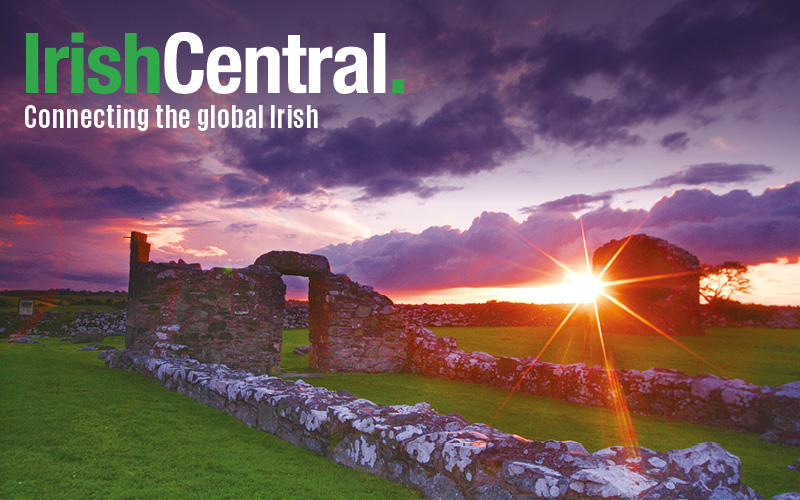An Irish American gay and lesbian group and a Vietnam Veterans association have called on organizers to allow them to march in the South Boston St Patrick’s Day parade.
The call comes at a time when Boston has just elected a new Irish mayor Marty Walsh and the issue is bound to be raised with him.
They are challenging the decision of parade organizers, the Allied War Veterans Council, to deny them the right to join the annual parade.
The Rainbow Times reports that the Allied War Veterans Council, emboldened by a 1995 U.S. Supreme Court ruling, has denied marching permission for LGBT and veterans' peace groups as a matter of First Amendment, freedom of assembly rights.
Now Vietnam Vet Pat Scanlon has called on the Council to drop their ban.
“This is the year we all should put pressure on politicians,” said Scanlon, coordinator of Veterans for Peace, Chapter 9, Smedley D. Butler Brigade which has been banned from marching in the South Boston parade for several years.
Scanlon hopes changing demographics in South Boston and a new mayor will allow the peace veterans contingent to march, along with openly LGBT groups.
The report says that back in Sep 2013, Veterans for Peace applied to Allied War Veterans, but when the peace-vet organization had not received a reply by Dec 9, Scanlon sent a follow up letter.
He wrote, “The exclusion of Veterans for Peace, the LGBT community, and other peace organizations, from participating [in the parade] should come to an end.
“It is time that there be one parade that is open, inclusive and welcoming to any group wishing to celebrate this very special day. It is Saint Patrick’s Day, a celebration of the patron saint of Ireland and Saint Patrick was a man of peace.”
Scanlon’s letter pointed to changing attitudes toward LGBT people in society at large but also to cultural and social changes within South Boston.
He added, “Many members of the LGBT community currently live, work and worship in the neighborhood.”
The report adds that, in fact, two parades have trekked through the streets of South Boston since 2010 when the peace veterans first applied but were rejected.
Scanlon said parade organizers decided that the word ‘peace’ connected to the word ‘veteran’ was reason enough to ban the group from marching.
The Veterans for Peace organized a second march last year which took place one hour after the main event and was separated by Boston city street sweepers. The parade had more than 2,000 participants.
The second march with the St. Patrick’s Peace Parade included six bands, trolleys, duck boats, floats, and the like—all organized into eight separate divisions under the categories of veterans, peace, LGBT, religious, environmental, labor, political, social, and economic justice.
Scanlon, 66, who was born on St. Patrick’s Day, is a straight Irish American who grew up Catholic in Philadelphia and attended parochial schools for 19 years. He explained his motivation to the Rainbow Times: “This is an injustice. An injustice against one is an injustice against all, and in one of the most progressive cities in the country, if not the world, to have this injustice taking place should not be tolerable.”
The father of a gay son, Scanlon does not mince words in calling out the ban on LGBT groups.
He added: “It’s homophobic. It’s exclusion. It’s hatred. That’s what all this is about.”
Scanlon said his parade group has also asked the City of Boston for its own parade permit with a 12 p.m. kick-off time, one hour before Allied War Veterans’ start time.
Not all residents agree with Scanlon. Michael Dowling is a gay resident of South Boston for 35 years and president of the South Boston Association of Non-Profits who have applied to the Allied War Veterans, proposing ‘an inclusive unit called We are South Boston’.
He said, “The efforts of Pat Scanlon have helped perpetuate the hardships of the neighborhood and how it is portrayed because when [Scanlon] calls the neighborhood bigoted and homophobic, he riles up those hatreds that are still there, and makes it more difficult for people to be out, and makes it more difficult for people to work here. So it sets us back.”
Scanlon argued: “Everything in South Boston has changed. The neighborhood has changed, the politics have changed, the culture has changed, and [Catholic] churches have closed. The only thing that has not changed is the attitude of the six guys who run the parade. That too will change.”




Comments